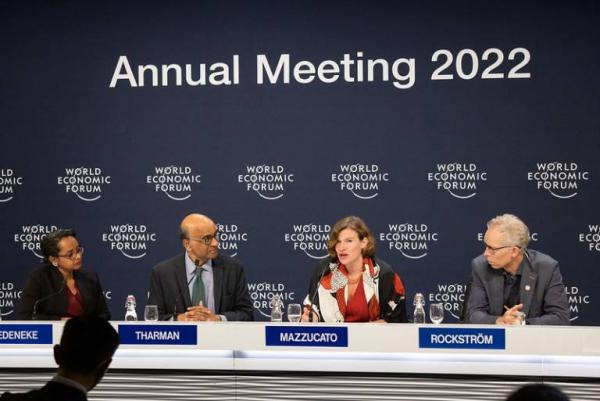Global Commission calls for transformation of the Economics of Water
21 Mar 2023 by The Water Diplomat

In its March 2023 publication, the Global Commission on the Economics of Water calls for a transformation of the economics and governance of water. Starting from the premise that we are currently facing a water crisis that is systemic, both local and global, and which undermines the achievement of all the sustainable development goals, the Global Commission presents seven leverage points to ‘turn the tide’ on global water management.
Highlighting some of the world’s most urgent water challenges, the report touches on the fact that the global water cycle has been disrupted for the first time in human history and is intertwined with climate change and biodiversity loss. It emphasises that action on climate change is inseparable from action on water, and that communities and countries are interconnected precisely through the global water cycle. And despite many decades of infrastructure development, humanity faces a 40% shortfall in water supply by 2030. A long standing and pressing issue is the lack of safely managed water for more than 2 billion people, as is the persistence of high mortality rates among children under 5 years old due to waterborne diseases. Without strong action, the report states, we are, in other words, heading for massive collective failure.
Taking a broad view of what constitutes the ‘economics’ of water, the report argues that the global water cycle needs to be managed as a common good to be protected collectively. For governments this requires a rethink of fundamentals such as property rights in water and water pricing, which can lead to unsustainable outcomes that benefit some sectors and groups in society at the expense of others. This requires a recognition of our interdependence and the need to mobilise a broad group of stakeholders around goals that offer the greatest value locally, regionally and globally. Within this, new forms of partnership between the public and private sectors are needed, whereby the public sector proactively takers a systems approach, co-creating solutions with the private sector in a symbiotic manner by investing in skills, technology and infrastructure. Here it is important not only to leverage more capital (current investments in water systems need to be at least tripled to achieve SDG 6), but also to pay attention to careful institutional design that create incentives for operational efficiency, investment in resilient infrastructure, and generate broad socio-economic benefits.
The authors argue that the value of water needs to be mainstreamed into decision making, ensuring better use for social and environmental goals. The underpricing of water that is prevalent in many sectors needs to be stopped, including the phasing out of some USD 300 billion in water and sanitation subsidies and a critical review of some US $ 400 billion in agricultural subsidies. And yet,targeted subsidies are also needed to ensure that benefits accrue to poor and vulnerable communities. It also implies mobilising finance at the international level to provide support to low- and middle -income countries to achieve universal access to water and sanitation.
To achieve this, several tools are needed such as the establishment of Just Water Partnerships to enable investment in water resilience and sustainability in low-and middle-income countries. And as is the case for carbon, the disclosure of water footprints of production processes could be a key goal for international cooperation, resulting in mandatory water disclosure requirements.
